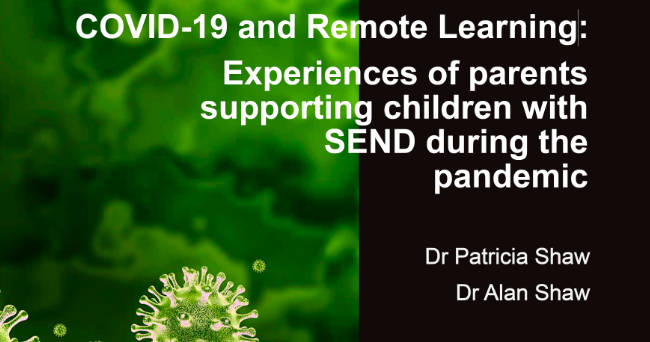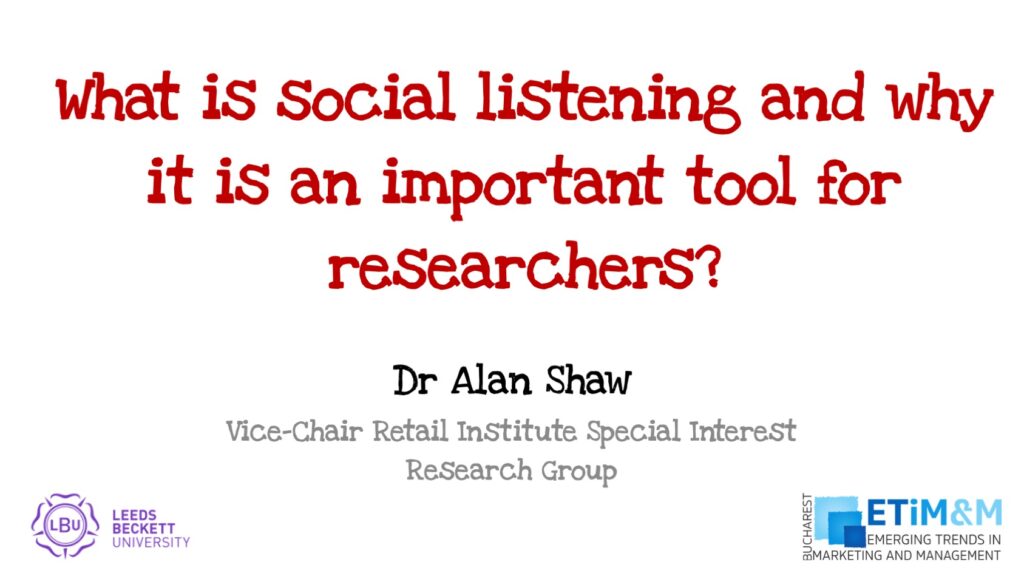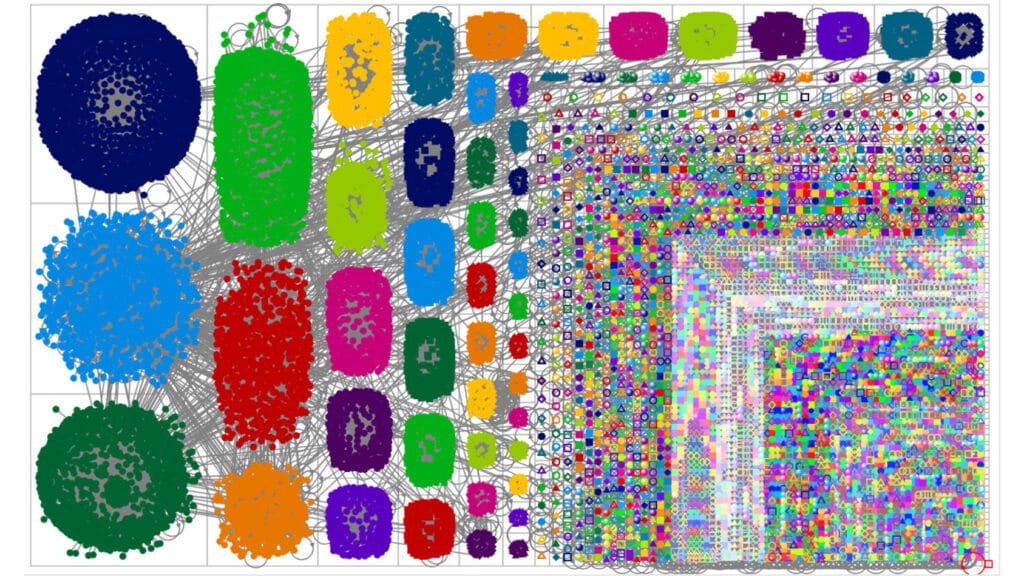
This is a report that my wife and I prepared for the Special Educational Needs and Disability (SEND) forum. It focuses on COVID-19 and Remote Learning. More specifically the experiences of parents supporting children with SEND during the pandemic. Attached is the complete report in Pdf format. There are also two articles out for review which we hope to share with you in the near future.
Study introduction
The outbreak of Coronavirus disease (COVID-19) caused the closure of school buildings. Schools had to adapt their teaching: classroom, remote learning, blended. The transition to home learning was disruptive for virtually every child in England, at a time when their parents were also facing drastic changes. For most parents, school building closures meant that school-aged children were at home, requiring care and support with home learning, for an average of four and a half hours a day (Andrew et al. 2020) . Noting the lack of research focusing specifically on parents of children with SEND, we were interested to explore the experiences of these parents whilst they were supporting their children with remote learning during this time. The reopening of school buildings, presents an opportune time for schools to reflect on what they might do differently in the climate of the ‘leave no one behind’ (UNICEF 2020) agenda. Thus, understanding the challenges parents faced, alongside the potential benefits, offers an opportunity to refresh educational provision for children with SEND and ensure greater equality and inclusivity for all, post-pandemic.
Aims of the study
The aim of this research was to explore the experiences of parents supporting their children with SEND during the first lockdown (March 2020 – June 2020) and the second lockdown (January 2021 – March 2021) in order to support senior leaders and teachers in thinking differently about the educational provision for children with SEND. This report summarises the key themes using illustrative qualitative examples supported by quantitative data. The examples provide an overview of the positive aspects of remote learning for schools in addition to the challenges that parents faced, in addition to parents’ recommendations for any future school building closure. It is presented as a means for schools to consider how they could work collaboratively with parents to support children in a post-pandemic context. Schools might reflect on how remote learning could support children who are not able to access education within the school building, whilst developing more inclusive practice that responds to the diverse and changing needs of children with SEND.
Data collection method and participant characteristics
Ethical approval was obtained from the University of Hull in July 2020. The online survey was developed through a collaborative process that included a focus group with parents of children with SEND. It was distributed across all schools in Hull and also through the Mumsnet network.
- 141 parents responded to the survey (137 – first lockdown; 4 – second lockdown).
Key Findings
- Parents considered that the school resources were not adequate to support their child’s remote learning
- Parents had broadly negative experiences during lockdown
- Parents cited positive changes to relationships
- Children felt less stressed and anxious engaging with remote learning during lockdown
Key Recommendations
- Schools should provide resources that are of high quality, appropriate to the developmental level of the child, and offer guidance to parents.
- Teachers, teaching assistants and SENCOs should take the time to listen to parents and their children with SEND, as they have unique experiences and insight that can be used to refresh educational provision.
- Blended education models for in-school and remote learning should be developed to ensure that children with SEND achieve greater equality and inclusivity in education.
Click on image or link to download report.
Alan Shaw
Latest posts by Alan Shaw (see all)
- What is social listening and why it is an important tool for researchers? - July 31, 2021
- COVID-19 and Remote Learning: Experiences of parents supporting children with SEND during the pandemic. - June 30, 2021
- Using Netnography To Evaluate The Launch And Collapse Of The European Super League - April 21, 2021
- Developing Semi-Structured Interview Questions: An Inductive Approach. - April 9, 2020
- Developing Semi-Structured Interview Questions: A Deductive Approach - April 9, 2020














